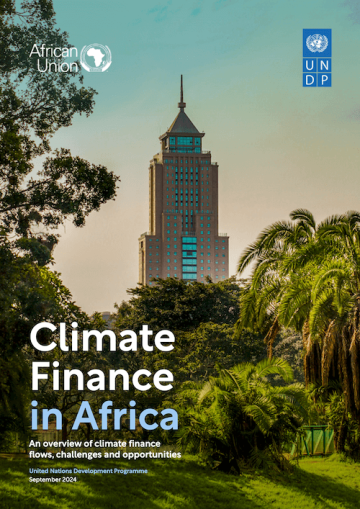Topic Resources
February 10, 2022
Agenda 2063 is Africa’s development blueprint to achieve inclusive and sustainable socio-economic development over a 50-year period.
October 02, 2024
Climate change is arguably the greatest challenge facing humanity in the 21st century.
September 30, 2024
Climate change is arguably the greatest challenge facing humanity in the 21st century.
September 24, 2024
September 22, 2024
September 05, 2024




